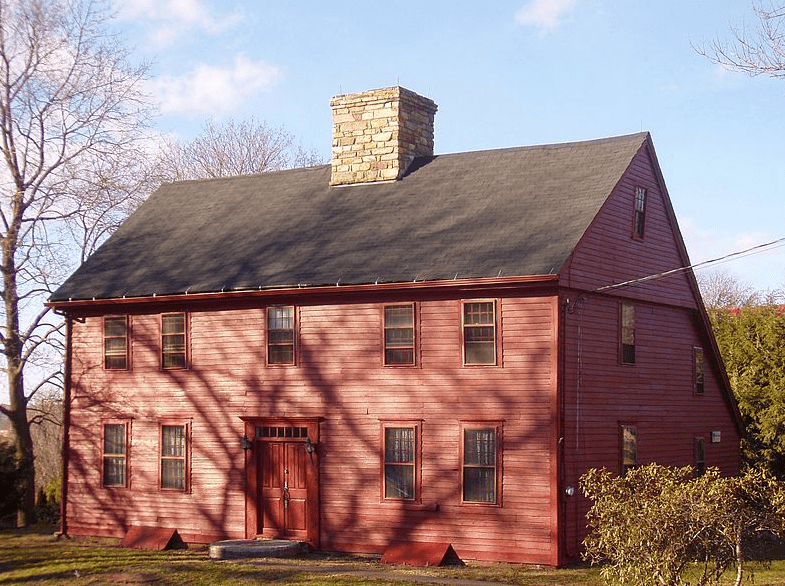Introduction: In this article – part of an ongoing “Introduction to Genealogy” series – Gena Philibert-Ortega provides tips, including links to helpful websites, for researching your colonial ancestors. Gena is a genealogist and author of the book “From the Family Kitchen.”
How far have you traced your ancestors? Have you reached the point where you are ready to dive into researching ancestors that were part of our nation’s early history? Once you trace your family back to the pre-Revolutionary War era, it’s time to create a research plan for those colonial ancestors utilizing records available for that time period. Need some help getting started? Here are a few ideas to consider.

Become Familiar with the Records
Your introduction to family history research most likely started with a U.S. Federal Census or maybe even interviewing the older generation of your family. But with colonial ancestors, those suggestions don’t work. Even your oldest living family member is many generations removed from a colonial ancestor – and while there are some extant censuses from that time period (more on that below), researching them is different than the U.S. Federal Census.
So, what that means is it’s important to become more familiar with the records that your colonial ancestor generated. What records may exist? A few examples include:
- Colonial Census: You’re probably familiar with the fact that the U.S. Federal Census was first taken in 1790. While some census records do exist for the colonies, they are largely head-of-household counts of men who were taxpayers or landowners. The FamilySearch Research Wiki page on colonial censuses has a clickable link to each modern-day state and provides more information about historical census records.
- Tax Lists: It’s probably no surprise that some of the earliest records available are tax lists or rolls. These records, listing the head of household, will help you place your ancestor in a location and time. Taxes may have been paid for various reasons, including to fund a war or a parish tax to fund a new church building.
- Church Records: Marriages, christenings, and baptisms are just some of the activities that a church record may document. Before the implementation of civil registration, vital record events were often recorded by a church. Knowing the church your ancestors were a member of or that served their area might help with finding relevant records.
- Military Records: American Revolutionary War records include service records, pensions, and bounty land records. You can learn more about these records on the FamilySearch Research Wiki page Revolutionary War, 1775 to 1783, or the National Archives According to the FamilySearch Research Wiki, records from the French and Indian War (1754-1763) can be found via a FamilySearch Catalog search or through a historical society or a state library or archive.
Check the Usual Places
As with any research, you want to start with websites and resources you are familiar with. One of those websites should be FamilySearch. Two places to refer to are the FamilySearch Catalog (search on the place you are researching and see what records FamilySearch has – but remember to use the name of the place as it existed in the time period you are researching), and the FamilySearch Research Wiki. In the FamilySearch Research Wiki consider conducting searches on the place you are researching or the record type. For example, this Wiki page on United States Census Colonial includes a page for each state.
Expand Your Research
Once you’ve exhausted familiar websites, try the unfamiliar. Search for libraries or archives in the location you are researching, or look for who specializes in a region or topic. For example, the New England Historic Genealogical Society has online research guides for 17th-Century New England Research, Pennsylvania Genealogy, and Quaker Genealogy, as well as databases and other resources. Their magazine American Ancestors is a favorite of mine, and a recent edition focused on researching Mayflower ancestry.
Other specialized libraries of interest include:
Ask Yourself a Question
The most important thing to do when starting any research project is to ask yourself: “What is my research question?” Do you want to know when an ancestor was married, or maybe where they died? Write that question down and then use the tips above to start searching for the appropriate records to answer that question.
Related Articles:
